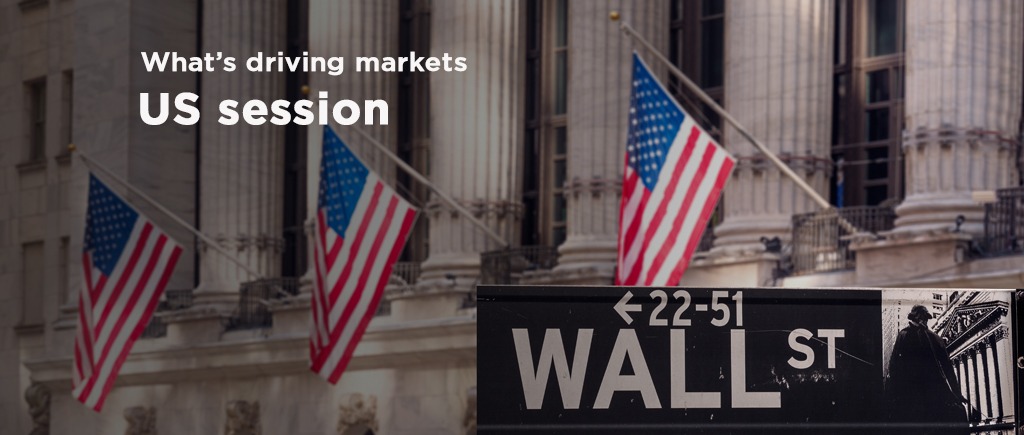The US Congress, Monday, approved legislation to raise the debt ceiling by $2.5 trillion, in a move that is described as preemptive to any threat of a federal default until at least 2023. The federal government has never defaulted on debt payments.
One Republican and all Democrats in the House voted to approve the debt hike, which passed in the chamber by a 221-209 vote.
In the Senate, the measure passed strictly along party lines with a final vote tally of 50-49. President Joe Biden expects to immediately sign the bill, which gained traction only after using a special pathway that allowed for a simple majority vote.
Oil prices slumped on Monday as surging cases of the Omicron coronavirus variant in Europe and the United States stoked investor worries that new restrictions to combat its spread could dent fuel demand.
Brent crude futures fell $2, or 2.7%, to settle at $71.52 a barrel, while US WTI crude futures fell $2.63, or 3.7%, to settle at $68.23 a barrel.
Brent fell to a session low of $69.28 per barrel, while WTI sank to $66.04 per barrel, both their lowest levels since early December.
US health officials urged Americans on Sunday to get COVID-19 booster shots, wear masks and be careful if they travel over the winter holidays, with the Omicron variant raging across the world and set to take over as the dominant strain in the United States.
Oil prices fell despite Moderna Inc’s (MRNA.O) announcement on Monday that a booster dose of its COVID-19 vaccine appeared to be protective against Omicron in laboratory testing.
OPEC+ compliance with oil production cuts stood at 117% in November, up 1 percentage point from the previous month, two sources from the group told Reuters, as output continues to lag agreed targets. In the United States, energy companies added oil and natural gas rigs for a second week in a row.
Economic Data
No significant economic data quaked the markets during the US trading session on Monday.
Other Developments
The Netherlands’ decision to lockdown for Christmas sent a shudder through markets, which had thought drastic measures were not needed given progress on vaccinations.
Most Australian states are resisting calls for tighter restrictions though there have been reports of consumers cancelling holidays and restaurant reservations.
Tesla slid 3.5% on Monday, closing at USD 899.94. That put the shares below where they had closed right before the $4.2 billion Hertz deal was revealed on 25 October.
The shares which peaked on 4 November was down 21% in December, poised for the worst month since the pandemic erupted.
Hertz’s order for 100,000 vehicles caused Elon Musk-led Tesla’s shares upwards pushing the company’s valuation above the coveted trillion-dollar mark. The rally soon started wobbling after Musk started offloading some of his stake in the company. Tesla’s market cap is now about $904 billion.

 Noor Trends News, Technical Analysis, Educational Tools and Recommendations
Noor Trends News, Technical Analysis, Educational Tools and Recommendations




